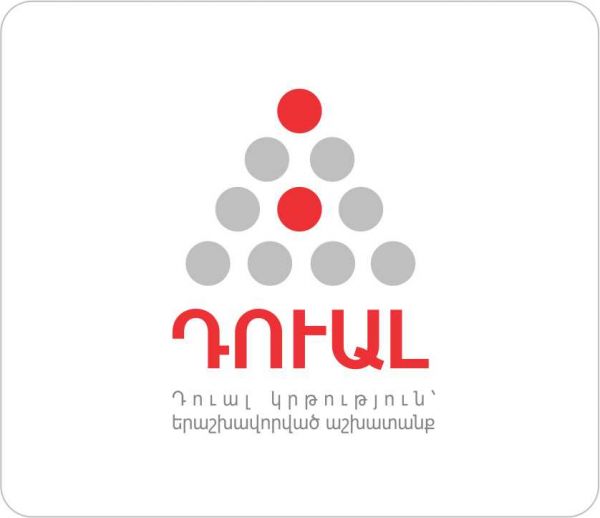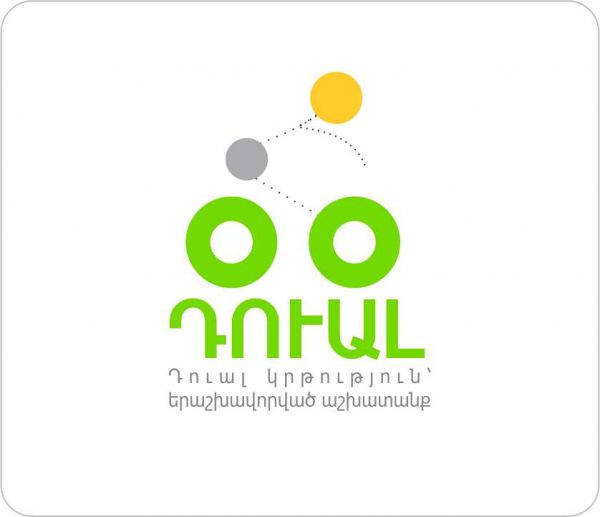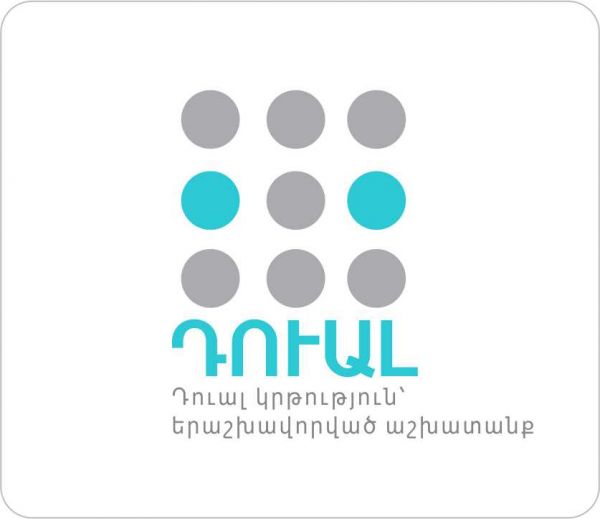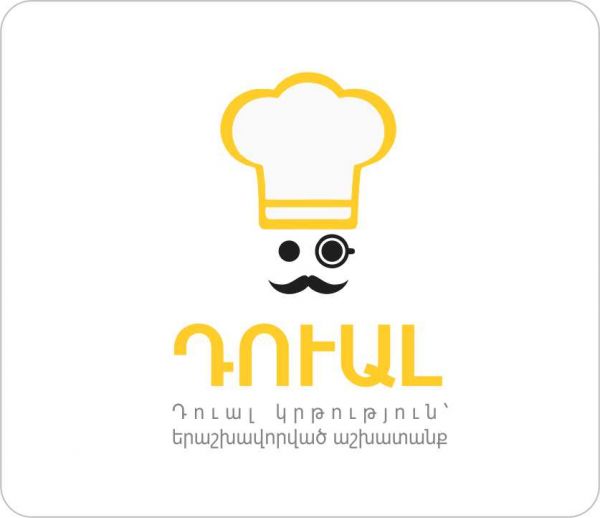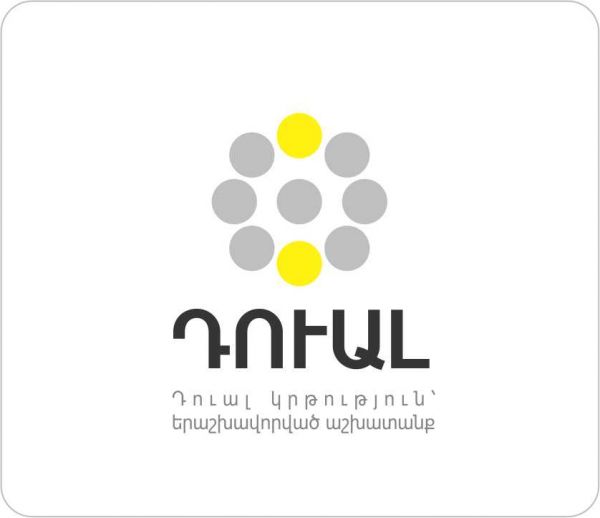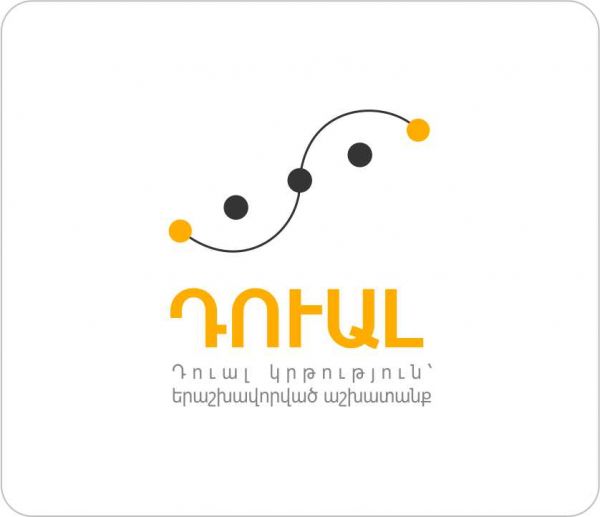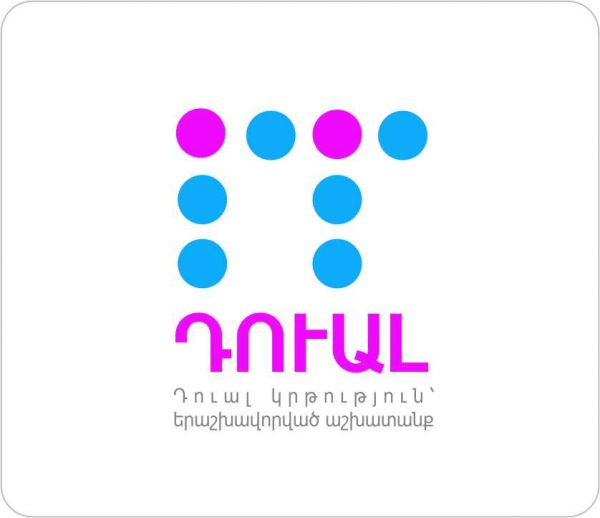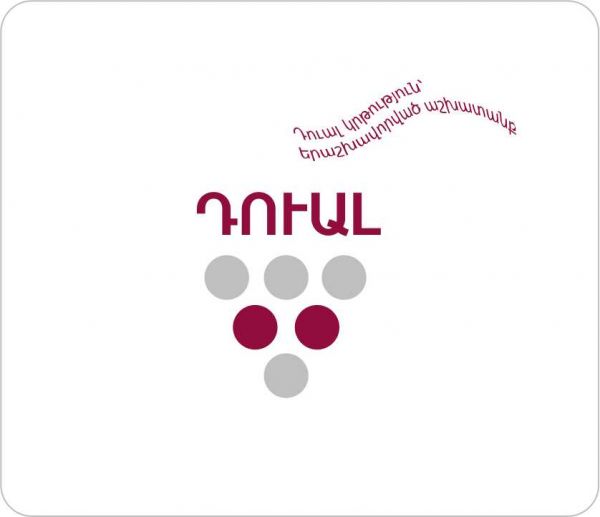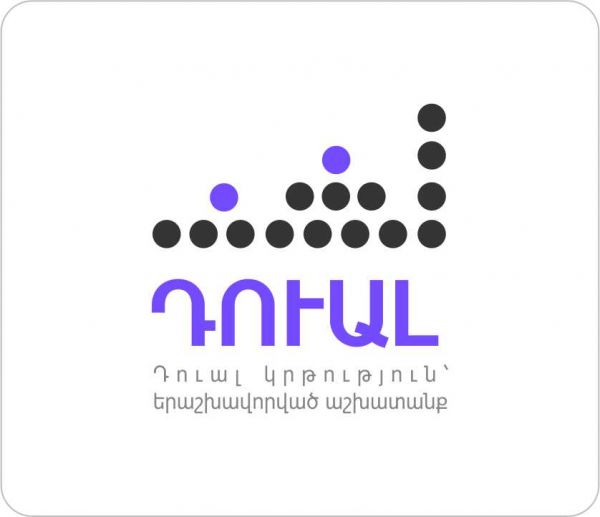Dual Education – Guaranteed Employment!
What is dual education?
Over the last years, technical vocational education and training (TVET) sector has been gaining public interest as a key driver for the development of personal, economic, and social capacities.
It is also pivotal in the promotion of youth employment and ensures the necessary skills for the economic development of a country. Work-based learning has also been given much attention to as one of the cornerstones of vocational education. It is closely linked to the TVET mission since it includes both practical and theoretical learning processes and allows students to gain modern knowledge, skills, and capacities that will help them find stable employment on the labour market and overcome upcoming challenges in the future.
Dual education is one of the more promising models of work-based learning. Close cooperation of the private sector and the educational institutions underlies dual education. This cooperation defines the engagement level and the scope of responsibility to manage the education process for skills development. This combined approach enables students to learn directly during the working process. Besides developing professional skills, this includes a wide range of professional activities. Thanks to its flexibility, the dual system meets both the short-term demand of separate companies and supports the small businesses and the whole economic system to face future challenges.
Dual TVET Success Factors
Cooperation between the public and private sectors
Dual TVET implies shared responsibility and ownership by both the private and the public sectors. The involvement of private sector bodies (e.g. chambers of commerce, business associations) and companies, as well as their cooperation with the public sector, is essential in dual TVET systems. The public and private sectors collaborate in the development of occupational profiles, curricula, training delivery, examinations, steering, and financing of TVET. The systematic involvement of the private sector ensures that the demands of the economy are recognised and met in terms of contents and quality of the training.
Learning in two contexts
The learning process takes place at two venues, the TVET institution and the company, where practical learning is predominant.
By learning in a real-life professional environment as well as in a classroom setting, trainees acquire technical and social skills that can be easily applied in practice. After completing the training, students can better position themselves in the labour market.
Selected students are afterward hired by the private sector companies. A contract is signed with the students for the whole duration of the learning, according to the RA Labour Code.
Qualification of TVET personnel
TVET teachers trained in vocational pedagogics and professional didactics with practical experience, highly qualified instructors and school managers, and well-equipped TVET schools and training facilities contribute to the success of dual TVET systems and their attractiveness.
The dual system in Armenia: piloting and results
Since September 2017, within the cooperation of Private Sector Development and Technical Vocational Education and Training in South Caucasus (PSD TVET) Programme implemented by GIZ on behalf of the German Government and RA Ministry of Education, Science, Culture and Sport, five long-term Dual TVET courses have been implemented in four colleges in regions and Yerevan - Vayots Dzor Regional State College, Tavush Regional State College, Shirak Regional State College and Yerevan State College of Humanities. So far, 170 students have participated in the pilot programmes, with the involvement of 41private sector companies.
The Dual TVET approach is also implemented for three short-term training programmes in four TVET colleges. These short-term training courses (duration 4-5 months), developed upon the private sector companies' request, are focusing on piloting new professions.
Simultaneously, the PR and Communication Strategic Programme for Dual TVET Piloting has been launched, supporting the promotion and positioning of dual TVET, also ensuring a common communication platform for all the stakeholders involved in the programme. Within the PR action plan, public awareness-raising campaigns have been organised, the dual TVET branding has been introduced with the logo (see below) and slogan: "Dual Education - Guaranteed Employment!"
About Private Sector Development and Technical Vocational Education and Training in South Caucasus (PSD TVET) Programme
The Private Sector Development and Technical Vocational Education and Training in South Caucasus (PSD TVET) Programme implemented by GIZ on behalf of the Federal Ministry for Economic Cooperation and Development (BMZ) supports the piloting of Dual TVET programme of the Republic of Armenia in its reform process with implementing dual educational elements in sectors relevant for employment - tourism development, wine processing, IT and precision engineering. The professions of a winemaker, tourism services manager, technician programmer can serve as examples. The PSD TVET programme is in close cooperation with German and other international actors, including also the donor commission of the Dual TVET field to improve framework conditions of implementing the dual system in Armenia, to develop skills of TVET institutions' teachers’ and managerial staff, aiming to support the public-private partnership among the stakeholders.
About GIZ
Deutsche Gesellschaft für Internationale Zusammenarbeit (GIZ) GmbH (GIZ) implements programmes for sustainable economic development in different countries. GIZ has about 50 years of experience in various fields, including the private sector and economic development, vocational education and training and employment. Commissioned by the German Federal Ministry for Economic Cooperation and Development (BMZ), GIZ has been providing support to the South Caucasus countries since 1990. More about GIZ can be found at www.giz.de.
